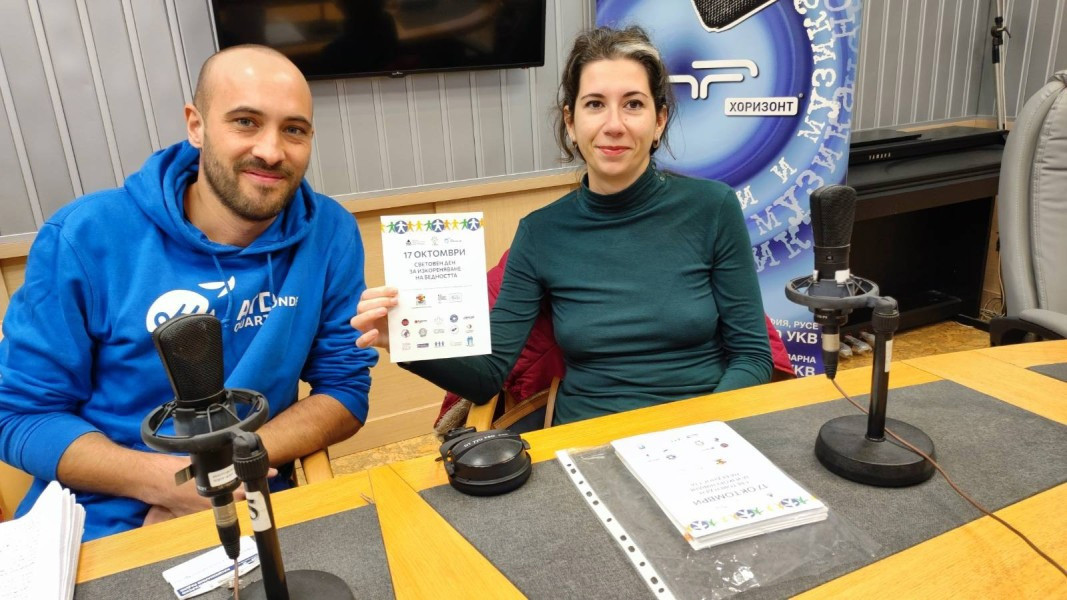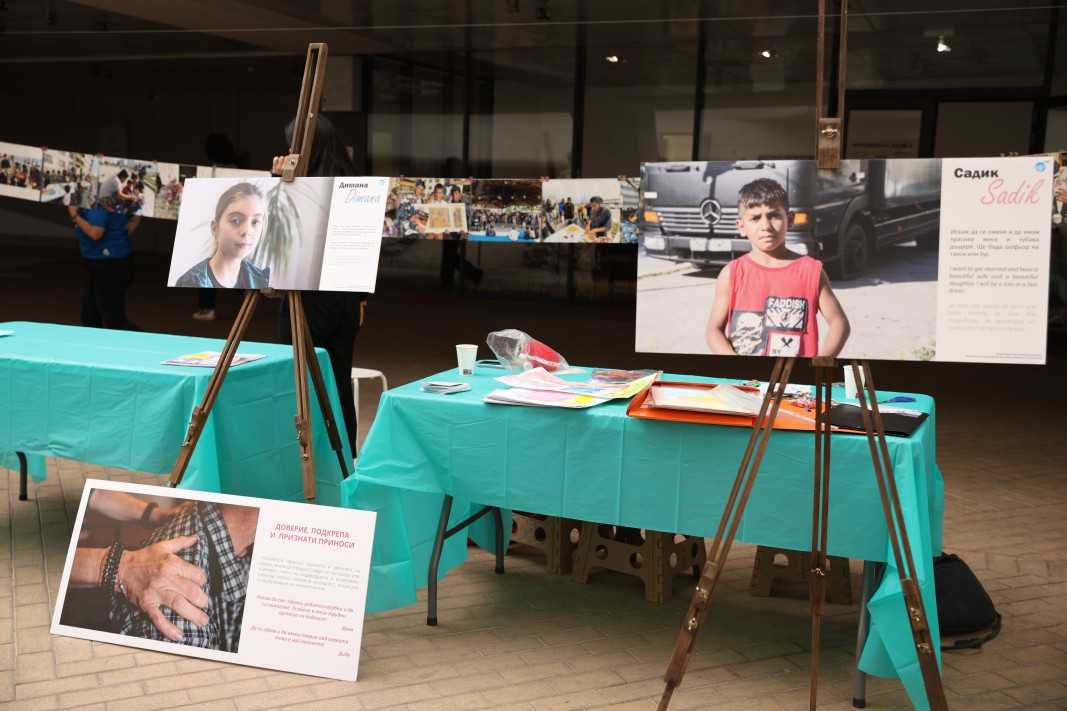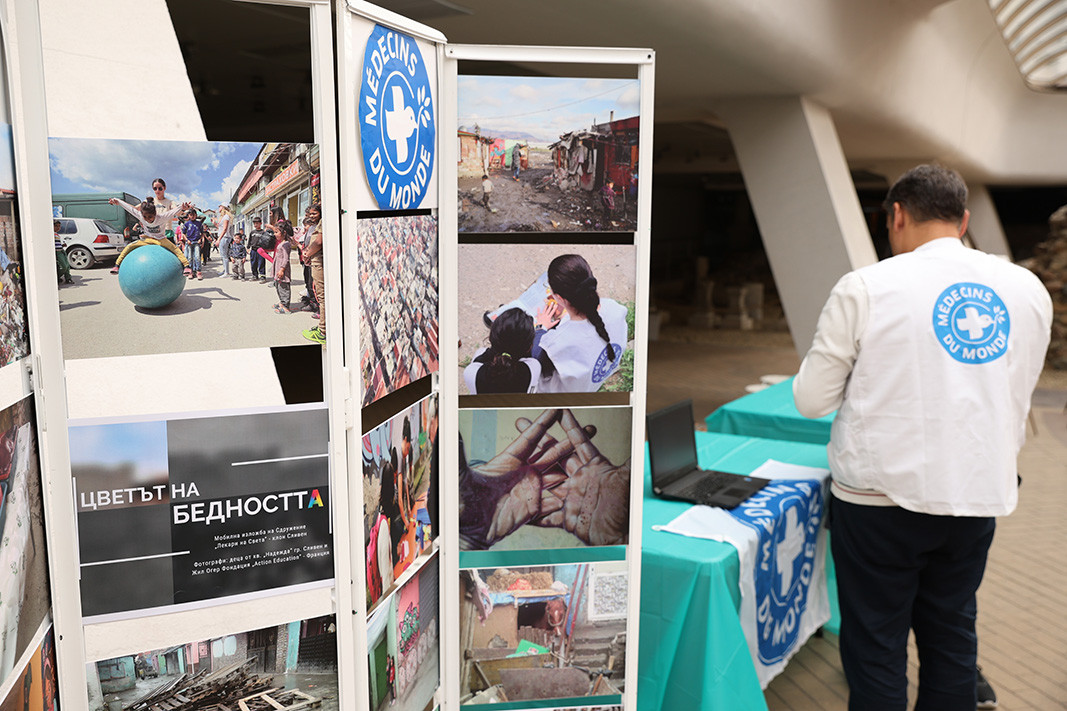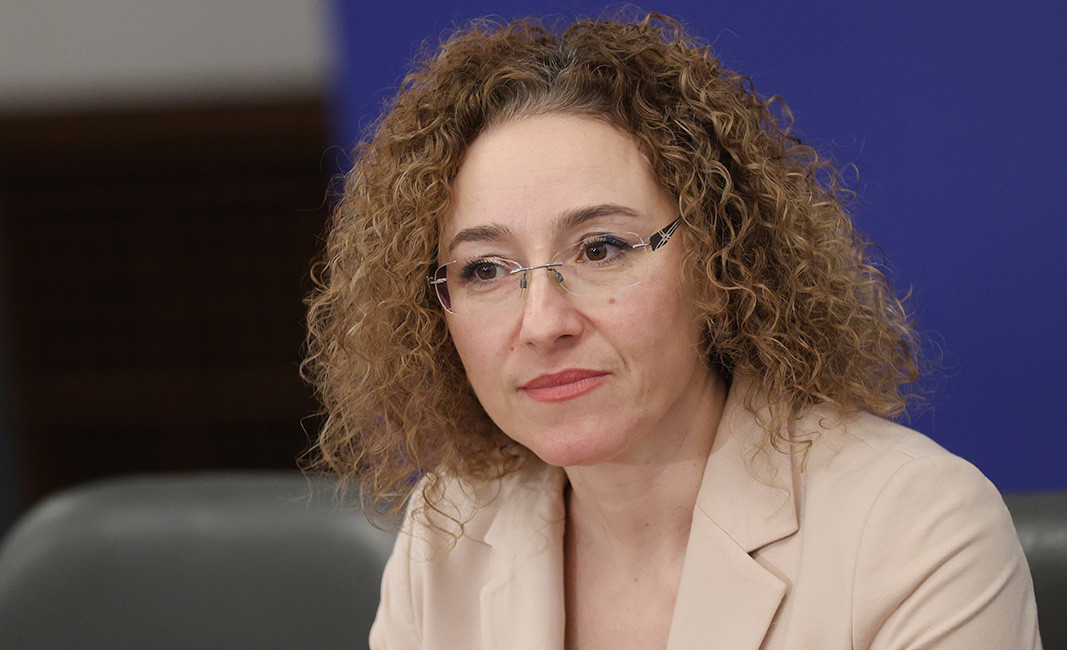As two wars rage and migrant flows increase, the human race seems to face another major challenge – what can be done to protect the rights and ensure a life of dignity for the people living on the verge of poverty. In Bulgaria, where the minimum salary is the lowest in the EU, inflation is eating away at incomes and people risk being unable to meet their needs of heat, water and food.
Latest statistics show a slowdown in price growth, with the inflation rate in September registering a two-year low at 6.3%, nevertheless for thousands of Bulgarians the expression “working poor” remains relevant. And from “working poor” it is easy to fall into the vicious circle of poverty:

To mark the International Day for the Eradication of Poverty, 17 October, a “settlement” of civil society and informal organizations has sprung into being in the centre of Sofia. Their cause is the right to a decent life for every single person. 
“For people living in extreme poverty every day takes a lot of courage,” Simeon Brand from Switzerland, who represents the global organization All Together in Dignity, said for the BNR. And as poverty is something our societies have created, overcoming it is also in our own hands. “Poverty is not inevitable and we must act so everyone can live a life of dignity,” he says.
This year’s International Day for the Eradication of Poverty focuses on decent work and social protection. 
“When a person lives in poverty and privation, with no access to high-standard services, that is a human asset that is sealed off,” says Bulgaria’s Minister of Labour and Social Policy Ivanka Shalapatova, and adds that the efforts of the government are in the context of the efforts of all EU countries connected with combatting poverty and promoting the social inclusion of a number of groups in society.

“A focus on each individual - the most valuable asset in society - is a priority for our cabinet. On this day it is our hope that each and every one in Bulgaria will sit down and think how we, as a society, can attain this goal – so there will not be a single person in the country living below the poverty line. According to latest data from 2022, 25.9% of under-17s in Bulgaria are at risk of poverty. What that means in practical terms is that they do not have a strong start in life. We are not giving them an environment in which they can unfold their potential fully, but then we expect them to grow up to be motivated, to work on the Bulgarian market, to be involved in innovations, to be active as citizens and to make their contribution to the development of society. That is precisely why the annual plan for combating poverty and for social inclusion is a priority for us. The plan was adopted by the National Council on Social Inclusion last week. Resources from the national budget have been provided for its implementation, as well as funding under the operational programme for Human Resources Development. One of the important measures envisaged in the plan is to revive the very old tradition of patronage care.”
According to Minister Shalapatova, patronage care for newborns is a very good social investment, especially in countries like Bulgaria which are experiencing a demographic crisis. “More and more investments from the national budgets are being made for social expenditure, but the effect of these investments is not being sought,” Minister Shalapatova says and adds that what is needed are comprehensive measures:
“Raising the minimum salary is not enough, higher child benefits are not enough. It is important to develop a broad-reaching range of high-standard social and integrated services. What we aim for is – whatever investment we make in households or individuals, to make sure that the ultimate outcome is that that individual shall become independent.”
Interviews by Irina Nedeva and Silvia Velikova, Horizont channel, BNR
Text Elena Karkalanova
Translated and posted by Milena Daynova
Photos: BTA, BNR, unicef.org, archive
The Bulgarian Sunday School "Asen and Ilia Peykovi" in Rome is inviting participants to an online seminar themed "Biserche Valshebno". The event, taking place on March 22 and 23, is a continuation of the discussions that emerged during the Second..
"It all started on a March evening in 2007 when 2 million people and 2,000 companies in Sydney (Australia) turned off their lights for one hour – from 8:30 PM to 9:30 PM – to show that they care about nature and the climate. Back then, no one could..
Concert in North Macedonia turns into tragedy A nightclub fire tragedy left North Macedonia in grief. A concert by the popular hip-hop group DNA, which was supposed to become a celebration in the small town of Kočani, turned into a true..

+359 2 9336 661
